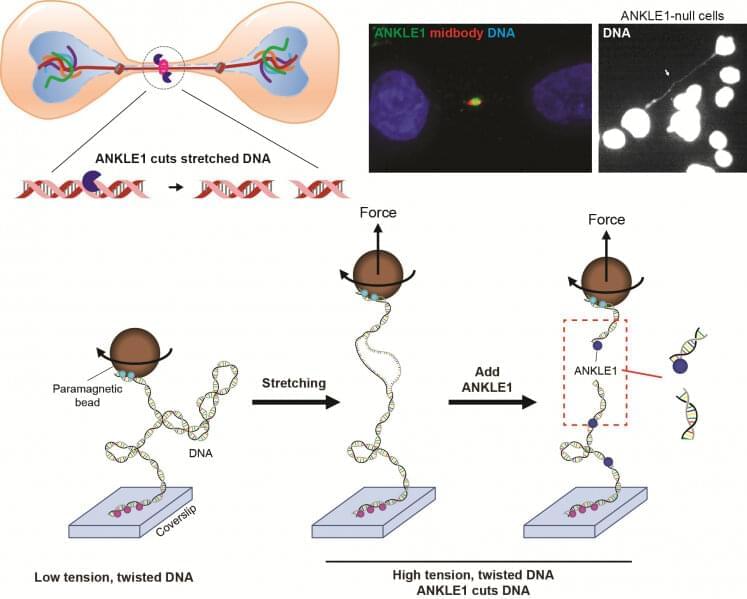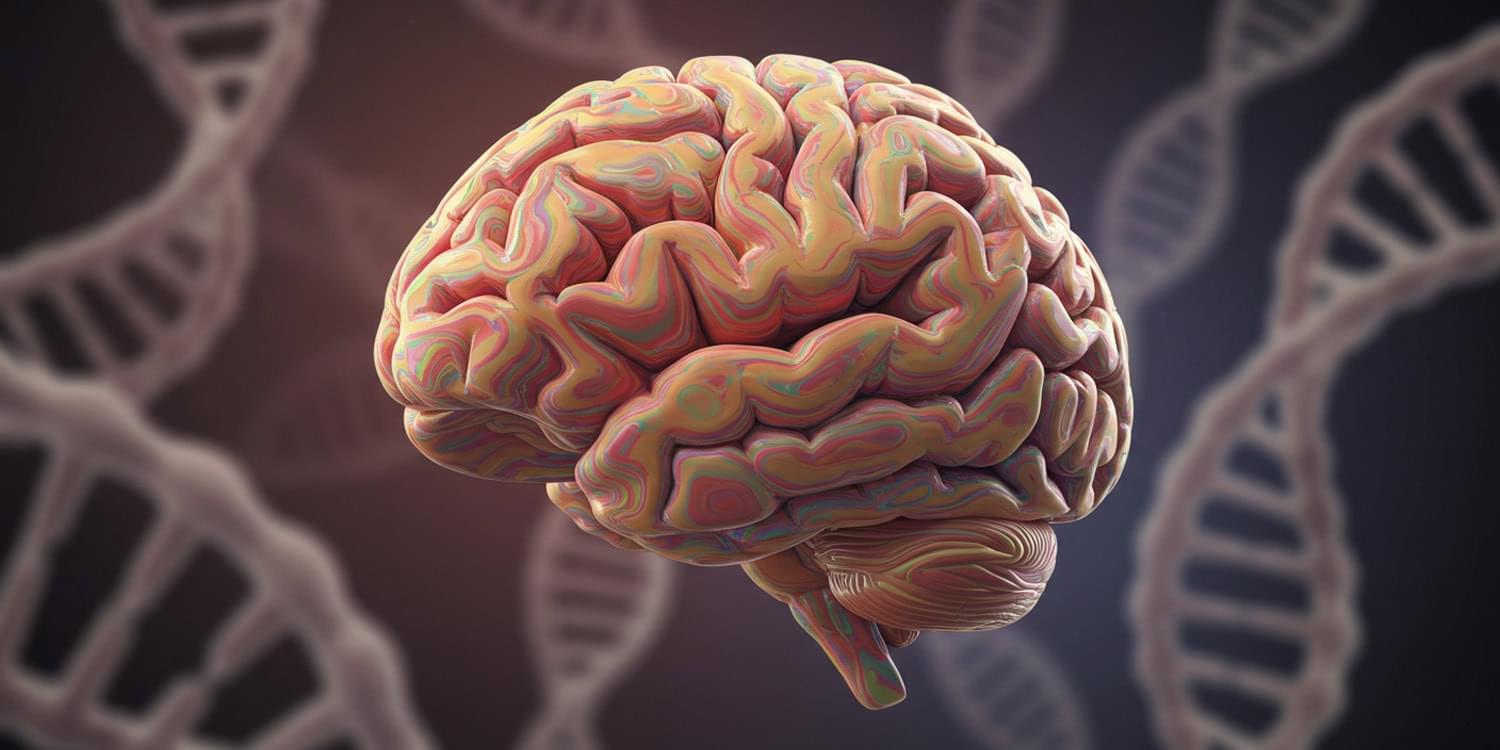An international collective of researchers is delivering new insights into why having multiple psychiatric disorders is the norm rather than the exception. In a study published today in the journal Nature, the team provides the largest and most detailed analysis to date on the genetic roots shared among 14 conditions.
The study is the latest effort from the Psychiatric Genomics Consortium’s Cross-Disorder Working Group, co-chaired by Kenneth Kendler, M.D., a professor in the Department of Psychiatry at Virginia Commonwealth University’s School of Medicine, and Jordan Smoller, M.D., a professor in the Department of Psychiatry at Harvard Medical School.
The majority of people diagnosed with a psychiatric disorder will ultimately be diagnosed with a second or third disorder in their lifetime, creating challenges for defining and treating these conditions. While a person’s environment and lived experience influence their risk for developing multiple disorders, their genetic makeup can also play a significant role.







